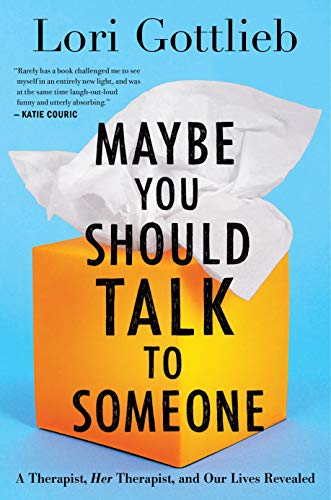Critically praised author Virginia Postrel distinguishes glamor from glitz in provocative depth in more than one hundred illustrations, exposing what attributes make a individual, something or an experience glamorous. Postrel describes the three basic elements of glamour and explains that they generate a distinctive atmosphere of reflection and yearning. The Power of Glamour was the very first book to describe that glamor is not just beauty and personal value, but a force that exposes our…
> Read more
Critically praised author Virginia Postrel distinguishes glamor from glitz in provocative depth in more than one hundred illustrations, exposing what attributes make a individual, something or an experience glamorous. Postrel describes the three basic elements of glamour and explains that they generate a distinctive atmosphere of reflection and yearning. The Power of Glamour was the very first book to describe that glamor is not just beauty and personal value, but a force that exposes our internal lives and influences our choices. Postrel believes that glamor is a seductive special power, from seasonal brochures to army recruitment advertising, from political utopias to action heroines. His influence reaches beyond the traditional realms of clothing and movies, shaping our decisions about what to wear, what to study, how to spend or vote. The outcome is a revelation that describes why glamor has become a strong means of nonverbal coercion, one that plays on our most hidden desires and yearnings to impact our everyday decisions.
< Read less
Critically praised author Virginia Postrel distinguishes glamor from glitz in provocative depth in more than one hundred illustrations, exposing what attributes make a individual, something or an experience glamorous. Postrel describes the three basic elements of glamour and explains that they generate a distinctive atmosphere of reflection and yearning. The Power of Glamour was the very first book to describe that glamor is not just beauty and personal value, but a force that exposes our internal lives and influences our choices. Postrel believes that glamor is a seductive special power, from seasonal brochures to army recruitment advertising, from political utopias to action heroines. His influence reaches beyond the traditional realms of clothing and movies, shaping our decisions about what to wear, what to study, how to spend or vote. The outcome is a revelation that describes why glamor has become a strong means of nonverbal coercion, one that plays on our most hidden desires and yearnings to impact our everyday decisions.
< Hide description











